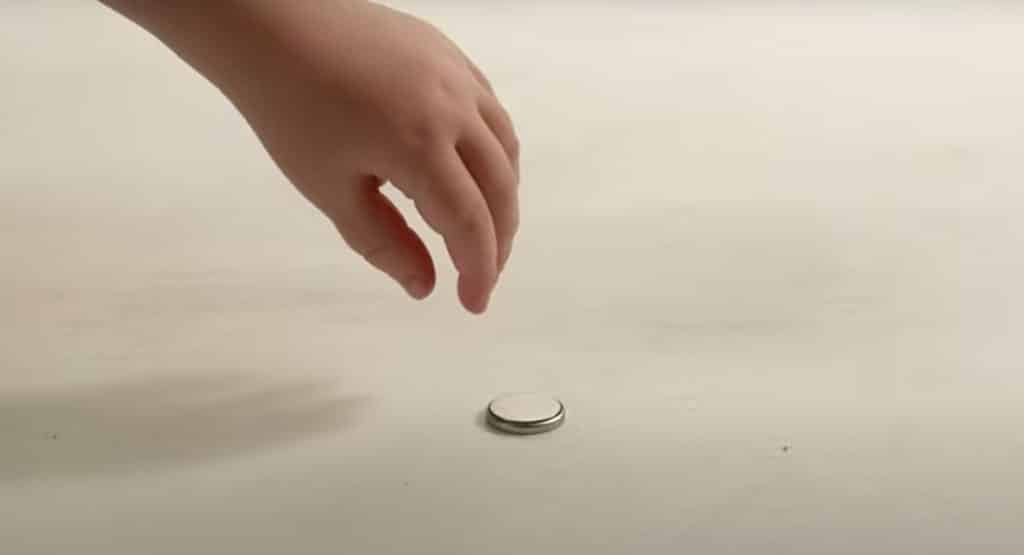
Wide Bay Hospital and Health Service is warning parents to be vigilant when it comes to button batteries in toys this Christmas.
Button batteries are small, very powerful and may look like lollies or coins to small children.
They can be easily swallowed or put up a nose or in an ear, and can cause serious burns, severe injuries and even death.
Children’s toys, flashing novelties, remote controls, thermometers, car keys, watches, cameras, reading lights, and hearing aids – these are all common household objects that might use a button battery.
Generally, if it’s small, electronic and doesn’t plug into the wall, it probably uses a button battery.
Director of Paediatrics Dr Matthew Wakeley is urging all parents to remain vigilant to the risks of button batteries as children prepare to receive gifts this Christmas.
“We know that toddlers and young children put things in their mouths – this is developmentally appropriate as they begin to explore the world around them,” Dr Wakeley said.
“Button batteries are small and shiny, making them especially enticing to children, and can easily be swallowed or placed in some other part of the body like an ear or up the nose.
“Despite their tiny size, they pose a real and large danger to everyone, especially when they get wet.
“If they are swallowed, saliva can cause the electrical current in the battery to create a chemical that is just as corrosive as oven cleaner.
“It can literally burn a hole through parts of the digestive system in as little as two hours, even if it is old or flat.”
Despite the health risks for young children, button batteries are widely used as they provide a consistent and reliable source of power to electronics.
To protect your little ones, choose electronic products and gifts that are powered by larger, harder to swallow batteries.
Toys with sealed button battery compartments that recharge via a USB cable are also a great alternative to items powered by button batteries.
“If you can’t avoid items with button batteries, make sure you actively supervise your child while they play with that toy or item,” says Dr Wakeley.
“It can be hard to know if your child has swallowed or inserted a button battery if you don’t see it happen.
“Remaining vigilant and supervising play is particularly important, as the soft tissue in the digestive system doesn’t register pain very well. If your child does swallow a button battery, despite it burning severely, you child may not notice.”
Accidents happen, and children are particularly skilled at seizing the briefest of opportunities.
If you think your child may have swallowed or inserted a button battery, contact the Poisons Information Centre immediately on 13 11 26.
It is important that you don’t try to make your child vomit, or eat or drink, as this can make the situation worse and increase the burn.
Keep an eye out for coughing or noisy breathing, chest pain or grunting, drooling or vomiting, gagging or choking, bleeding and food refusal, as these can all be signs that your child has swallowed a button battery.
If in doubt, present to your nearest emergency department.
Other news:




